1. SUPER TYPHOON ‘HINNAMNOR’
The strongest tropical storm of 2022, dubbed Super Typhoon ‘Hinnamnor’, has been barrelling across the western Pacific Ocean and is presently hurtling back towards the islands of Japan and South Korea, packing wind speeds of upto 241 kilometres per hour.

About:
- As of September 1, 2022, the category 5 typhoon — the highest classification on the scale — was about 230 km away from Japan’s Okinawa prefecture.
- one of the factors contributing to the Super Typhoon rapidly intensifying and expanding is the fact that it has started absorbing other local meteorological systems. Warm tropical waters and other pre-existing meteorological disturbances have also led to the system’s escalation.
Source: Indian Express
2. UIGHURS / UYGHURS
The Geneva-based UN Human Rights Council (HRC) accused China of serious human rights violations that may amount to “crimes against humanity” in a report examining a crackdown on Uighurs / Uyghurs and other ethnic groups.
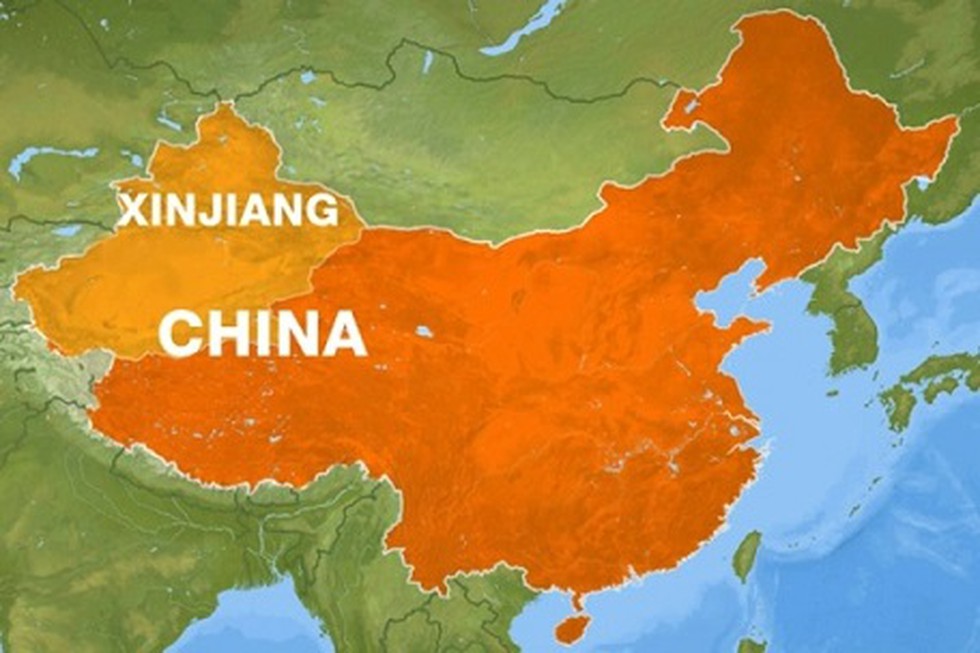
About:
- Human rights groups have accused China of sweeping a million or more people from the minority groups into detention camps, where many have said they were tortured, sexually assaulted, and forced to abandon their language and religion.
- There are about 12 million Uyghurs, mostly Muslim, living in Xinjiang, which is officially known as the Xinjiang Uyghur Autonomous Region (XUAR).
- The Uyghurs speak their own language, which is similar to Turkish, and see themselves as culturally and ethnically close to Central Asian nations. They make up less than half of the Xinjiang population.
- Recent decades have seen a mass migration of Han Chinese (China's ethnic majority) into Xinjiang, allegedly orchestrated by the state to dilute the minority population there.
- China has also been accused of targeting Muslim religious figures and banning religious practices in the region, as well as destroying mosques and tombs.
Source: The Hindu
3. CERVAVAC
India’s first indigenously developed vaccine to prevent cervical cancer, CERVAVAC, will likely cost ₹200-400 a shot and be commercially available later this year, Adar Poonawalla, CEO, Serum Institute of India (SII), said.
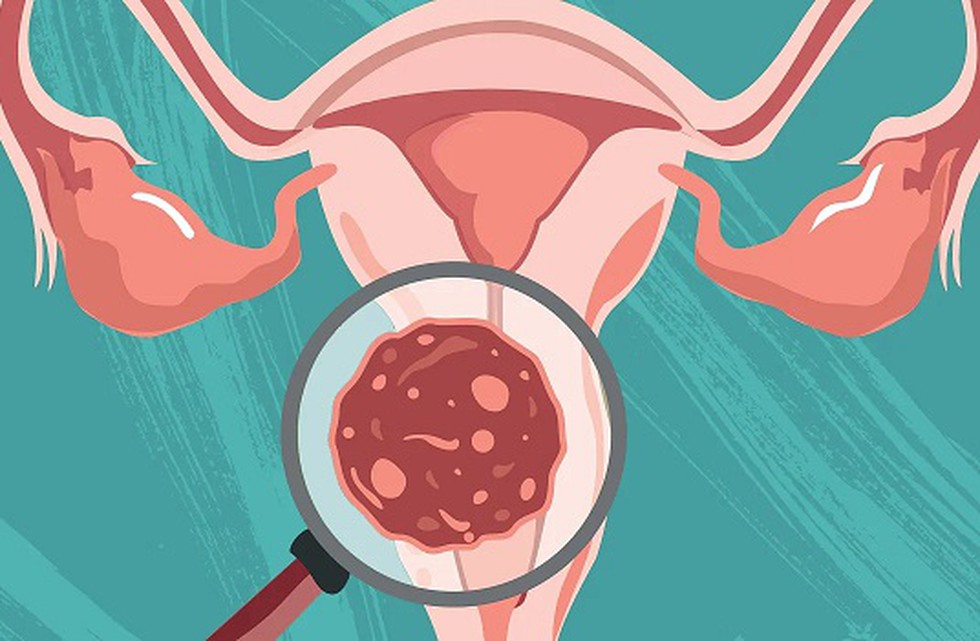
About:
- CERVAVAC, developed by SII, was approved by the Drug Controller General of India in July.
- CERVAVAC is a quadrivalent vaccine, meaning it is effective against at least four variants of cancer-causing Human Papilloma Virus (HPV), and resulted from a partnership of DBT’s Biotechnology Industry Research Assistance Council (BIRAC), and the Bill and Melinda Gates Foundation that supported Serum’s development efforts.
- Annually, about 1.25 lakh women are diagnosed with cervical cancer, and over 75,000 die from the disease in India. Close to 83% of invasive cervical cancers in India and and 70% of cases worldwide are attributed to HPV-types 16 or 18.
- HPV transmission is influenced by sexual activity and age. Almost 75% of all sexually active adults are likely to be infected with at least one HPV type. A vast majority of the infections resolve itself.
Source : The Hindu
4. UGC PROPOSES CLUSTERING OF COLLEGES
The University Grants Commission (UGC) has finalised guidelines for transforming colleges and universities into multidisciplinary institutions and has prescribed three different approaches which include “clustering” of establishments located in proximity to each other.
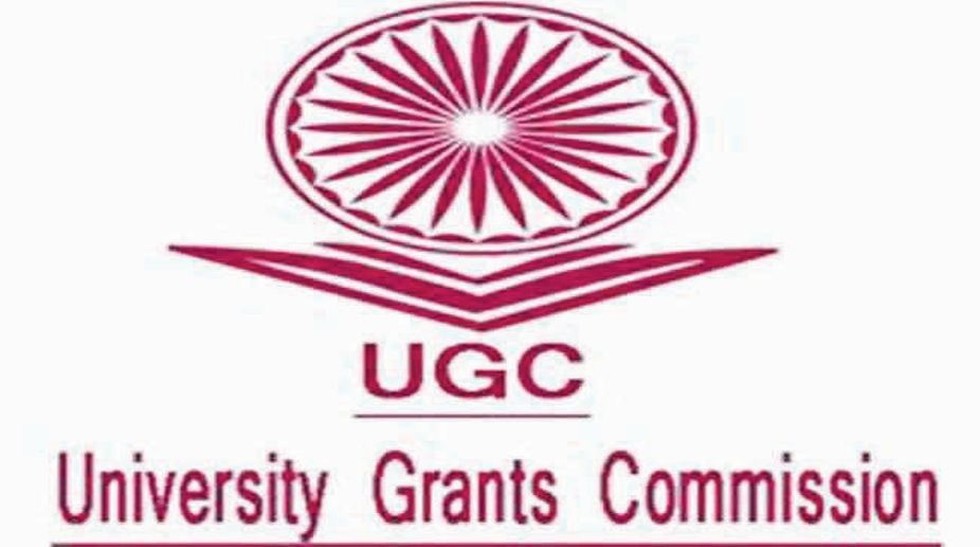
About:
- The UGC will make public its “Guidelines for transforming higher educational institutions into multidisciplinary institutions”.
- These aim to help State governments and universities frame appropriate rules and policies. Promoting multidisciplinary institutions was a key recommendation of the National Education Policy, 2020.
- The UGC has suggested academic collaboration between institutions through “clusters” of higher education institutions (HEIs) in order to promote multidisciplinary education and research in online and offline modes.
- The cluster system will help single-stream institutions with poor enrolment due to lack of employment-oriented, innovative multidisciplinary courses and lack of financial resources and help such centres improve their grades in National Assessment and Accreditation Council (NAAC) accreditation.
Source : The Hindu
5. CRIME MULTI AGENCY CENTRE (Cri-MAC)
At least seven States and one Union Territory have given the cold shoulder to the Centre’s online platform meant to share information and coordinate action among law enforcement agencies on serious criminal incidents, including human trafficking, data show.
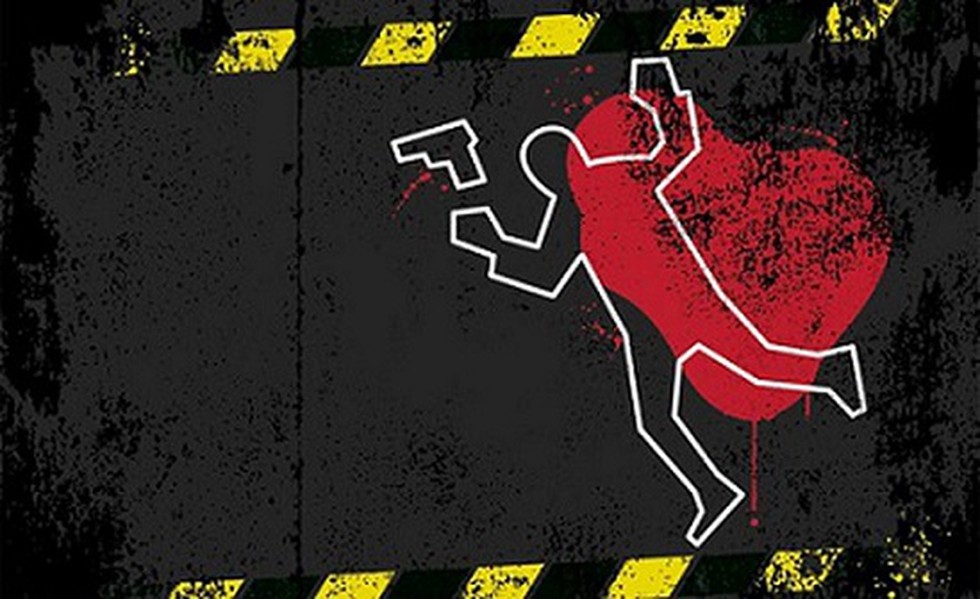
About:
- The Crime Multi Agency Centre (Cri-MAC) was launched in 2020 by the Ministry of Home Affairs (MHA) to share information on crime and criminals 24x7 with various law enforcement agencies and ensure a seamless flow of information among them.
- The application run by the National Crime Records Bureau (NCRB) aims to help in early detection and prevention of crime incidents across the country.
Source : The Hindu
6. VOSTOK-2022
An Indian Army contingent comprising troops from 7/8 Gorkha Rifles is participating in the multilateral strategic and command exercise ‘Vostok-2022’ which commenced at the training grounds of the eastern military district in Russia.

About:
- The exercise also includes participation by the Chinese People’s Liberation Army.
- The exercise is aimed at interaction and coordination amongst other participating military contingents and observers. The exercise is scheduled to be held from Sept. 01 to 07.
- Russia has stated that Vostok-2022 will be conducted in two phases.
- Participating contingents include observers from the Collective Security Treaty Organisation, the Shanghai Cooperation Organisation (SCO) and other partner states.
Source : The Hindu
7. IRON ORE MINING IN KARNATAKA
On August 26, 2022, the Supreme Court raised the ceiling limit of iron ore mining for Ballari (from 28 MMT to 35 MMT), Chitradurga and Tumakuru districts (from 7 MMT to 15 MMT collectively) in Karnataka, saying that the conservation of ecology and environment must go hand in hand with the spirit of economic development.

About:
- Earlier, on May 20, 2022, the apex court had relaxed the ban on sale outside the State and export of already excavated iron ore from mines in these three districts. Ten years after it clamped down on production and sale of iron ore in Karnataka, the Court has relaxed its own orders.
Background
- In 2012, the SC banned export of iron ore pellets from Karnataka with an aim to prevent environmental degradation.
- Following the ban, the Supreme Court directed the Indian Council of Forestry Research and Education (ICFRE) to draw up a reclamation and rehabilitation plan to reverse the environmental damage caused by illegal mining.
- Taking cognisance of the course correction by the government, it relaxed its 2011 order since the situation had now “changed for the better”.
Source : The Hindu
8. BAN ON SINGLE-USE PLASTICS
In keeping with the spirit of the ‘Azadi ka Amrit Mahotsav’, the country is taking steps to curb littered and unmanaged plastic waste pollution.

About:
- The Ministry of Environment, Forest and Climate Change, Government of India, notified the Plastic Waste Management Amendment Rules, 2021 on August 12, 2021.
- In keeping with the spirit of the ‘Azadi ka Amrit Mahotsav’, the country is taking steps to curb littered and unmanaged plastic waste pollution.
- Since July 1, 2022, India has banned the manufacture, import, stocking, distribution, sale, and use of single-use plastic (SUP) items with low utility and high littering potential. India is a party to the United Nations Environment Assembly (UNEA).
- In all, 124 nations are party to the UNEA, and India has signed a resolution to draw up an agreement in the future that will make it legally binding for signatories to address the full life cycle of plastics, from production to disposal.
Source : The Hindu
9. KERALA UNIVERSITY LAWS (AMENDMENT) BILL, 2022
The Kerala Assembly passed the University Laws (Amendment) Bill, 2022 which alters the composition of the search-cum-selection committee to appoint Vice Chancellors and effectively provide the State government greater leverage in the process.
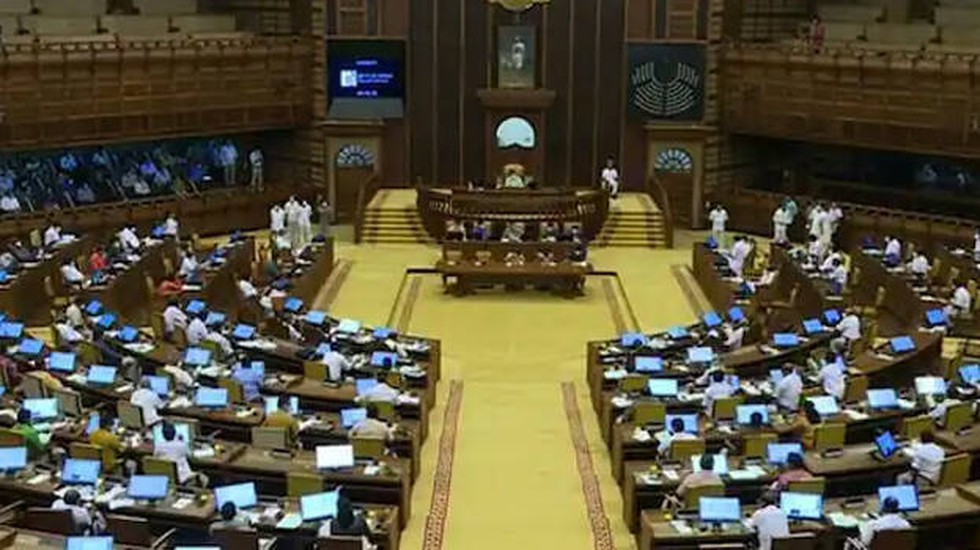
About:
- While the Bill awaits the Governor’s assent, its passage will enhance the appointment age of Vice Chancellors to 65 years and increase the strength of the selection committee to five (from the existing three).
- The move comes amidst claims that the inclusion of the Kerala State Higher Education Council (KSHEC) vice chairman as convener of the committee, who could be perceived as linked to universities by way of his/her position, could be in violation of the University Grants Commission (UGC) regulations.
- Other members of the committee will include a nominee each of the State government, UGC, Chancellor and the university Senate.
Source : The Hindu
10. MARY ROY
Mary Roy, educator and women’s rights activist, died at the age of 89.

About:
- She is known for winning a Supreme Court lawsuit in 1986 against the gender biased inheritance law prevalent within the Syrian Malabar Nasrani community of Kerala.
- The judgement ensured equal rights for Syrian Christian women as with their male siblings in their ancestral property. Until then, her Syrian Christian community followed the provisions of the Travancore Succession Act of 1916 and the Cochin Succession Act, 1921, while elsewhere in India the same community followed the Indian Succession Act of 1925.
- Mary Roy was denied her share of the familial property due to the Travancore Succession Act of 1916. She sued her brothers after her father's death. This was the case that made its way through the Indian court system and which she won.
- She was the founder-director of Pallikoodam (formerly Corpus Christi High School) at Kalathilpady, a suburb of Kottayam town in the state of Kerala.
- Her daughter is the Man Booker Prize winner Arundhati Roy.
Source : The Hindu





























































































































































.png)
.png)
.png)
.png)
.png)


.png)
.png)
.png)





.png)
.png)






.png)
.png)
.png)
.png)
.png)
.png)
.png)
.png)
.png)

.png)







.png)
.png)


.png)
.png)
.png)


.png)

.png)
.png)





.jpg)

.png)
.png)


.png)

.png)
.png)
.png)

.jpg)

.jpg)


.png)

.png)
.png)
.png)
.png)
.png)
.png)
.png)
.png)
.png)
.png)




.png)

.png)





.png)
.png)
.png)
.png)
.png)
.png)
.png)
.png)
.png)
.png)
.jpg)
.jpg)

.png)
.png)
.png)
.png)
.png)
.png)
.png)
.png)
.png)
.png)
.png)
.png)
.png)
.png)
.png)
.png)
.png)
.png)
.png)
.png)
.png)
.png)



.png)
.png)

.jpg)
.jpg)


.jpg)
.jpg)
.jpg)
.jpg)
.jpg)

.jpg)








.jpg)
.jpg)
.jpg)
.jpg)
.jpg)

















.jpg)
.jpg)







.jpg)


















.jpg)
.jpg)



























































































.jpg)
.jpg)


























.jpg)

.jpg)










.jpg)








.jpg)




.jpg)










.jpg)


















.jpg)












































.jpg)














.jpg)
.jpg)
.jpg)





.jpg)

.jpg)
.jpg)





































































.jpg)


































.jpg)
.jpg)
















































.jpg)












.jpg)


.jpg)




.jpg)
.jpg)
.jpg)

.jpg)
.jpg)
.jpg)
.jpg)

.jpg)
.jpg)
.jpg)

.jpg)
.jpg)
.jpg)
.jpg)
.jpg)
.jpg)
.jpg)
.jpg)

.jpg)


.jpg)
.jpg)
.jpg)
.jpg)
.jpg)
.jpg)
.jpg)
.jpg)
.jpg)
.jpg)











.jpg)
.jpg)





.jpg)
.jpg)
.jpg)
























.jpg)
























.jpg)









.jpg)
.jpg)







.jpg)
.jpg)









































.jpg)
.jpg)
.jpg)
.jpg)
.jpg)

.jpg)
.jpg)
.jpg)
.jpg)
.jpg)


.jpg)
.jpg)
.jpg)
.jpg)
.jpg)

.jpg)
.jpg)
.jpg)
.jpg)
.jpg)
.jpg)
.jpg)
.jpg)
.jpg)
.jpg)
.png)

.png)
.png)

.png)
.png)
.png)
.png)


.jpg)
.jpg)

.jpg)
.jpg)
.jpg)

.png)
.png)
.png)
.png)
.png)
.png)
.png)

.png)
.png)
.png)
.png)
.png)
.png)
.png)
.png)
.png)
.png)





































































-min.png)



.png)




.png)








































